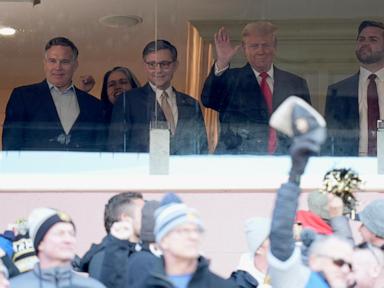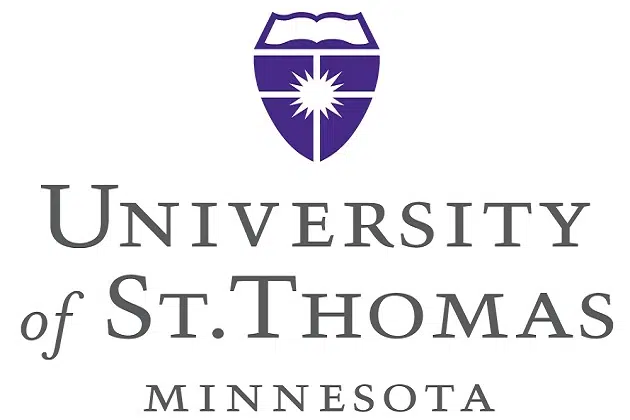(KNSI) – The University of St. Thomas is welcoming undergraduate teams from across the continent this week to pitch their business plan in the hopes of winning $50,000 for start-up costs.
Schulze School of Entrepreneurship Dean Laura Dunham says e-Fest is one of many competitions sponsored by the school. They run the gamut from the Fowler Business Concept Challenge which is for ideas in the early stages to this week’s e-Fest, which includes a demonstration of a fully realized product or service.
“It’s all about learning about yourself as a person who can tackle problems, who can bring fresh solutions, who can understand the practical decisions you have to make in order to bring those solutions effectively and sustainably to the people that need them.”
e-Fest has 25 finalists, which will be whittled down to five teams by Saturday when a winner is chosen. Initially, there were over 100 submissions from students from more than 60 colleges and universities.
A St. Thomas team won the first event, the Pitch Slam, Thursday. Company co-founder George Macheta says he considers the 90-second elevator pitch one of the hardest things about the three-day gauntlet.
“That was a very challenging task, I think even harder than our 15-minute presentation. Just… you have to communicate across the problem that we’re trying to solve, the opportunity out there, how big the market is, and then what’s our solution and our value proposition, and then our next steps.”
Tonight is the Innovation Challenge. Students are mixed and matched into new teams and given three hours to solve a problem. First place wins $20,000.
Another St. Thomas team in the running for the grand prize is Epiblock. It was founded by Asher Anderson and has already won $15,000 in prize money back in 2020 in a separate competition. He says the company has developed a tray that slides into the mouth that constricts blood flow to the nasal cavity. That can be used to cut off nosebleeds and during some cosmetic surgery procedures. Anderson says if Epiblock wins the money would go to required regulatory filings, which are cumbersome for medical device companies.
“Well, first we need to submit something called a 513-G, which classifies what medical device you are and there’s three different types of classes for medical devices. We’re hoping to be a Class One device, where we’re exempt from doing clinical trials.”
Anderson says clinical trials are time-consuming and extremely expensive.
Anderson is plagued by nosebleeds. He said when he was designing his prototype, he would have a fan blow on him overnight in his dorm to trigger bad episodes. He says the process to go from concept to a working product took three to four months.
___
Copyright 2023 Leighton Enterprises, Inc. All rights reserved. This material may not be broadcast, published, redistributed, or rewritten, in any way without consent.








